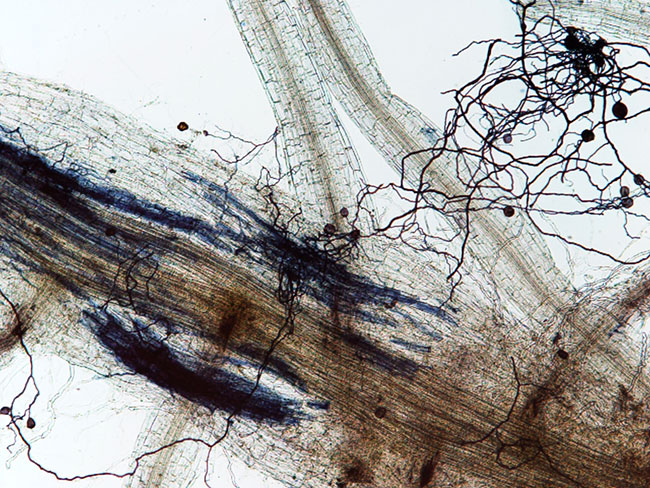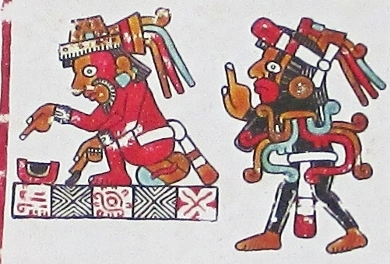Fungi have played a huge role in human history and development, and the following is a list of some examples of their importance:
1. Food & Agriculture
Many fungi, such as mushrooms, yeasts, and molds, are used as food and have been an important source of nutrition for humans throughout history. Fungi are also used to produce fermented foods, such as bread, beer, tempeh, miso and cheese, which are important for human health and cultural traditions of many countries.
They also play a key role in agricultural ecosystems, by breaking down organic matter and recycling nutrients (producing natural fertilizing). Additionally, some fungi are used as biopesticides, to control pests and diseases that affect crops.
The most cultivated crops (rice, corn, wheat, soy) all rely of fungi to gather nutrients and grow (see Mycorrhiza)

2. Medicine
Fungi produce a wide range of compounds that have medicinal properties, and many of these compounds have been used to treat diseases and other health conditions. For example, penicillin (discovered in 1928), a widely used antibiotic, is produced by a fungus, and many other fungi are used to make other important medicines, such as statins and immunosuppressants. A famous example here is the role of penicillin during World War II, and how it literally changed the world.

In their constant struggle against bacteria in the wild, fungi developed a wide array of offensive and defensive chemicals that humans. These molecules, called antibiotics, were discovered by humans and are today manufactured on massive scales, with a huge health impact.
3. Environmental conservation
Fungi are important in the environment that sustains humans, as they are essential for the decomposition and recycling of organic matter, and they play a critical role in the carbon and nitrogen cycles. Fungi are also important for the health of plants and other organisms, as they form symbiotic relationships with them, providing nutrients and protection from pests and diseases. In a nutshell, Fungi is an essential support system (and part) of the ecosystem we all live in and depend on.
4. Spirituality and Religion
Psychedelic substances, such as psilocybin (naturally occurring in more than 200 species of fungi) and Lysergic acid diethylamide (also called LSD, first discovered in Claviceps purpurea, a fungi that grows on cereals), have had a significant impact on the development of human spirituality and religion.
For thousands of years, these substances have been used in spiritual and religious rituals in many cultures, including Ancient Greece and indigenous tribes in South America and Africa.

The Mazatec shamanic tradition is particularly interesting to look at, as it is widely known for its ancestral ritual use of psilocybin mushrooms (and other natural enthogens).

These substances have been believed to facilitate spiritual experiences, enhance self-awareness, and provide a deeper understanding of the nature of reality. Some even argue that the cognitive revolution (transition from Homo erectus to Homo sapiens) was facilitated by consumption of psychoactive mushrooms (See The Stoned Ape Therapy)
Links
- History and Biochemistry of Fermented Foods, The Rockefeller University
- Guide to Psychedelics’ Influence on Modern Religion, Reality Sandwich
- Psychedelics (Entheogens) and Spirituality, UC Berkley
- Why Mycorrhiza is important in Agriculture, AGFuse
- Ferment in the family tree, The Proceedings of the National Academy of Sciences (PNAS)

